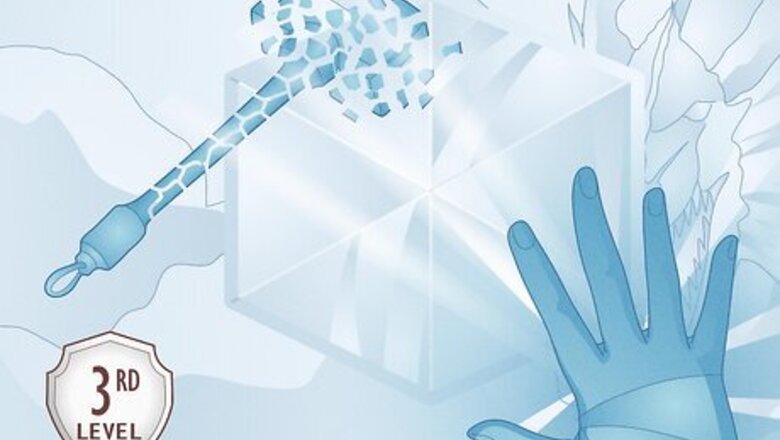
views
What is Dispel Magic?
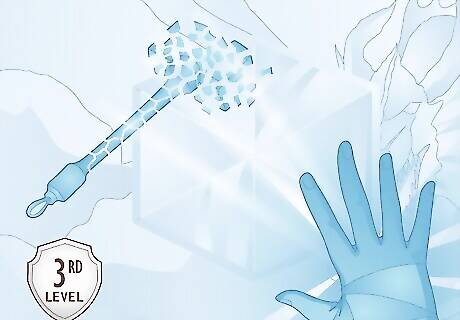
Dispel Magic is a 3rd-level abjuration spell in D&D 5e. Many spells in the game can deal damage, summon monsters, and heal the wounded—but Dispel Magic is unusual in that it’s a popular spell capable of nullifying other magical effects. Thus, it can protect your player character (PC) and their allies from spells that might harm or mislead them. Casting time: 1 action Duration: Instantaneous Range: 120 feet Target: A creature, object, or magical effect within range Components: Verbal and somatic
How does Dispel Magic work?
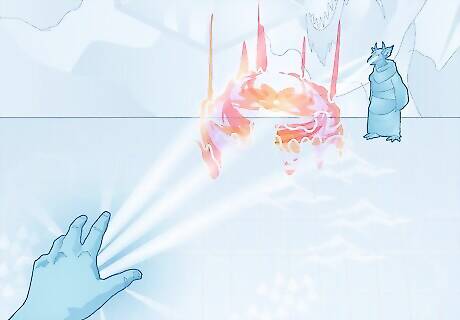
Choose a creature, object, or magical effect to target with the spell. When you cast Dispel Magic, any spell of 3rd-level or lower on your intended target immediately ends. There’s no saving throw or ability check required! Dispel Magic also doesn’t use any material components. However, because it requires verbal and somatic components, that means your PC must be able to move their hands and speak to cast it.
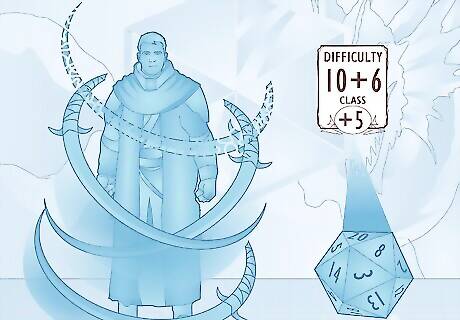
Pass an ability check to use Dispel Magic against higher-level spells. When you cast Dispel Magic 4th-level spell or higher, you must pass an ability check using your PC’s spellcasting ability modifier. The DC (difficulty class) for this check is 10 + the spell’s level. If you pass, you nullify the other spell—but if you fail, Dispel Magic doesn’t work (and you’ll still lose a spell slot). For example, if you cast Dispel Magic at its base level (3) to try and cancel out a 6th-level Blade Barrier spell, the DC to do so would be 16 (10 + 6). Your PC’s spellcasting modifier is a value based on the ability score they use to cast spells. To make the check, roll a d20 and add your PC’s spellcasting modifier to the result. This means there’s a chance of wasting a spell slot if you cast Dispel Magic while attempting to dispel a higher-level effect.
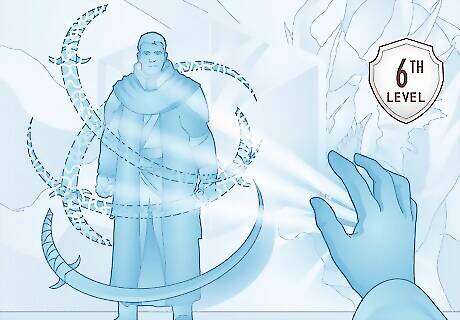
Upcast Dispel Magic at higher levels. If you want to end a spell effect without worrying about making an ability check or potentially losing a spell slot, simply upcast it instead. Casting Dispel Magic at 4th level or higher enables you to end the effects of a spell automatically so long as the spell’s level is equal to or less than the level of your Dispel Magic. For example, if you want to cancel out a 6th-level Blade Barrier spell without making a DC 16 ability check, you could cast Dispel Magic at level 6. If you cast Dispel Magic at the 6th level to end a 6th-level spell effect, it will automatically succeed since it’s cast at a level equal to the effect you’re trying to end.

Dispel Magic can’t interrupt spells or undo instantaneous effects. Its rules specify that Dispel Magic can only end an existing magical effect from a spell. That means it can’t be used as a reaction to cancel out spells in the process of being cast (including ritual spells) or reverse a spell that takes effect immediately. It can only be used on ongoing magical effects, including concentration spells. Don’t mistake Dispel Magic for Counterspell. Counterspell is used to prevent spells from being cast, while Dispel Magic ends spells that have already been cast. Say an enemy is in the process of casting a minute-long ritual spell. You wouldn’t be able to cast Dispel Magic during that time because the spell isn’t complete yet—therefore, there’s no magical effect to dispel. On the other hand, say an enemy casts Fly, which is a concentration spell (meaning they need to focus to keep the spell active). Since the magical effects of Fly would be ongoing, you could cast Dispel Magic to negate them and cancel the enemy’s Fly spell.
How to Use Dispel Magic (for Players)
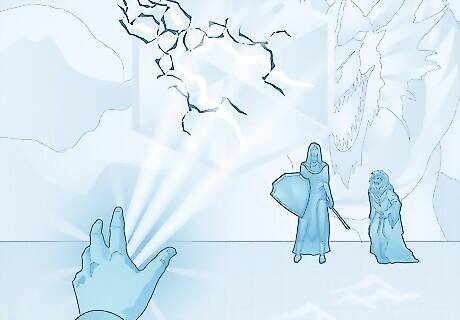
Cancel out harmful spells in combat. A great time to use Dispel Magic is when you see an enemy concentrating on a spell that could actively damage or otherwise harm your PC (or their allies). You might not be able to stop that enemy from casting a spell in the first place, but by nullifying it with Dispel Magic, you can at least stop the spell from doing further damage! For example, you could dispel damage-dealing spells like Black Tentacles, Call Lightning, Bigby’s Hand, Blade Barrier, Spirit Guardians, and Delayed Blast Fireball. You can also dispel valuable buffs and utility spells that an enemy might use, including Invisibility, Haste, Fly, Faerie Fire, and Polymorph.

Cast Dispel Magic to solve problems outside of combat. Battles aren’t the only time Dispel Magic can come in handy; it’s also useful anytime a spell-based magical effect needs to be undone when your PC is adventuring and exploring. For example, you might need to cast Dispel Magic on a door protected by an Alarm spell or an NPC (non-player character) disguised with an illusion. For example, if your PC is searching for a criminal who cast Disguise Self on themselves, you could use Dispel Magic to end the disguise spell and unmask them. One of the spells unaffected by Dispel Magic is Antimagic Field, which creates a sphere inside which all magic is suppressed. If you cast Dispel Magic on an Antimagic Field, it’d fizzle out.
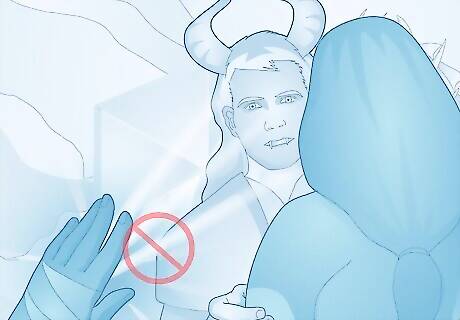
Target magical effects caused by spells, not innate abilities. While figuring out when to use Dispel Magic, remember to save it for spells only. It has no effect against innate abilities and effects that aren’t caused by spells, even if they’re magical in nature. This also includes magic items, including enchanted weapons and armor, and a druid’s Wild Shape. For example, if a vampire uses its Charm ability on an ally, you can’t dispel it—because Charm is an innate magical ability for the vampire, not a spell. If an enemy uses a Dancing Sword (which can fly and attack without being held), you can’t dispel it because it’s enchanted, not affected by a spell. However, there’s an important distinction. You can end a spell cast by a magical item—you just can’t remove the item’s magical qualities altogether. For example, you can dispel a Polymorph spell cast by a Wand of Polymorph, but you can’t destroy the wand or render it incapable of casting Polymorph in the future.
How to Use Dispel Magic (for DMs)
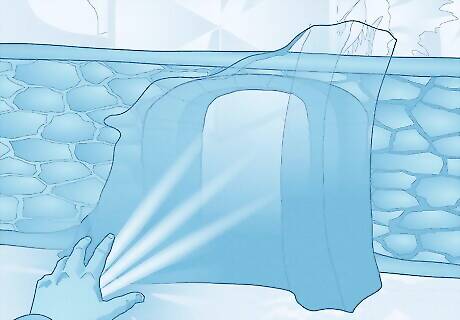
Give players opportunities to use Dispel Magic in their adventures. If you’re a DM (Dungeon Master), there are plenty of ways to get your players to use this spell creatively. You might give an enemy several concentration spells in combat, giving players the opportunity to dispel their magic—or you might hide a secret passageway behind a magical illusion, which a PC with Dispel Magic can nullify. You could also hide a message for the party behind an illusory script or lay a trap fueled by a powerful spell (like Glyph of Warding) and see if the party can dispel it. In short, devise ways to apply clever spell effects that challenge the party—but could be canceled out with Dispel Magic.
Which classes can cast Dispel Magic?

The majority of spellcasting classes can cast Dispel Magic. Bards, clerics, druids, paladins, sorcerers, warlocks, wizards, and artificers can cast Dispel Magic, making it widely accessible. It’s also available to specific subclasses: the Arcana and Trickery domain (cleric), the Oath of Devotion (paladin), the Order of the Profane Soul (blood hunter), Eldritch Knights (fighter), and Arcane Tricksters (rogue). However, in some cases, the sheer number of classes that can learn Dispel Magic might cause some overlap. Depending on the other spellcasters in your PC’s party, you might not need to learn Dispel Magic—especially if it’s automatically included with another PC’s subclass (like an Arcana cleric, for example). While Dispel Magic is undoubtedly useful, you might consider the other party members and whether they have Dispel Magic before having your PC learn it!











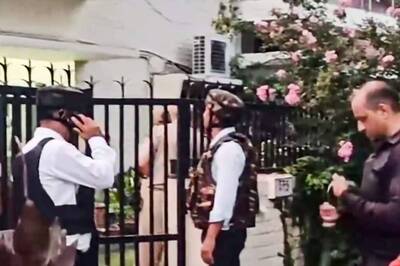
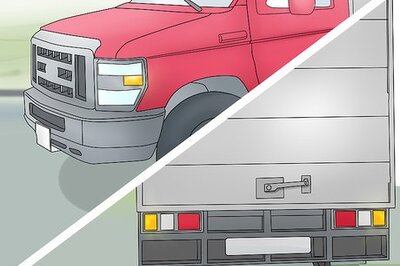




Comments
0 comment